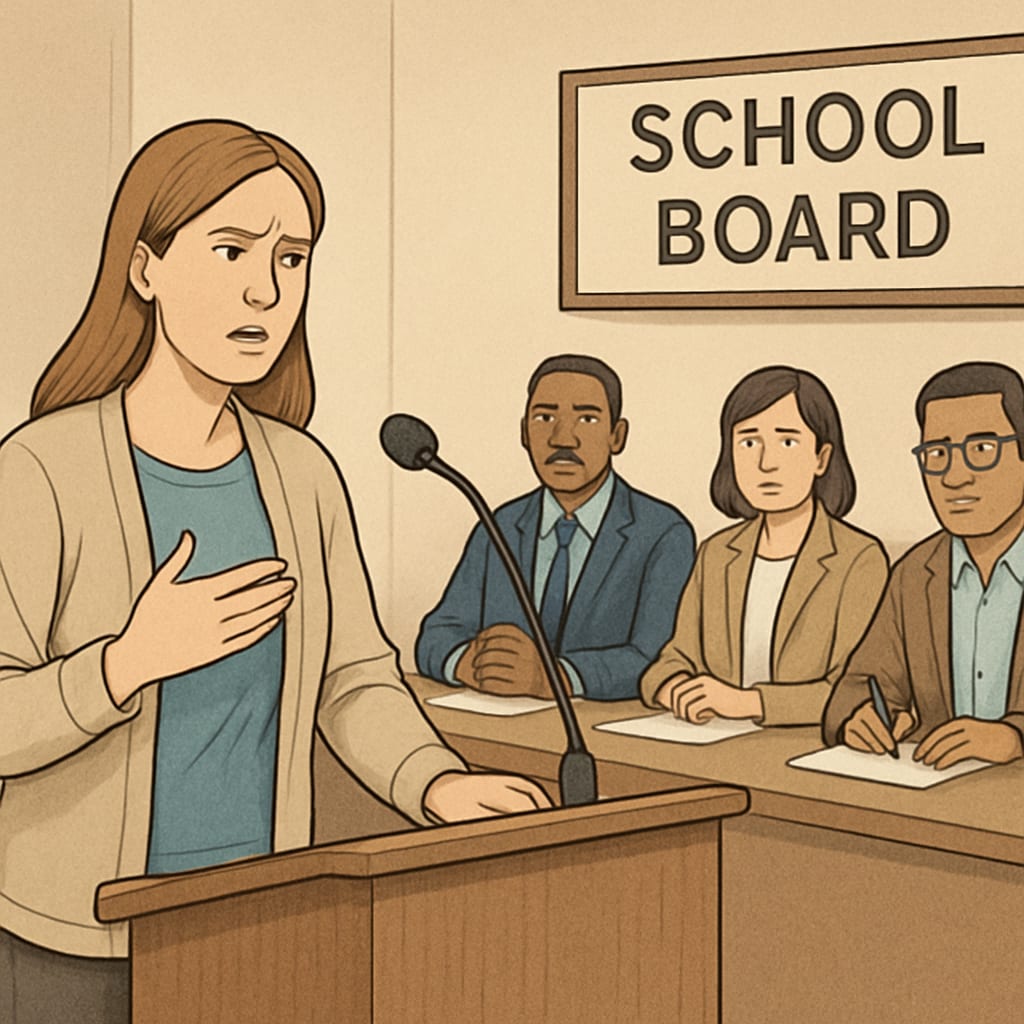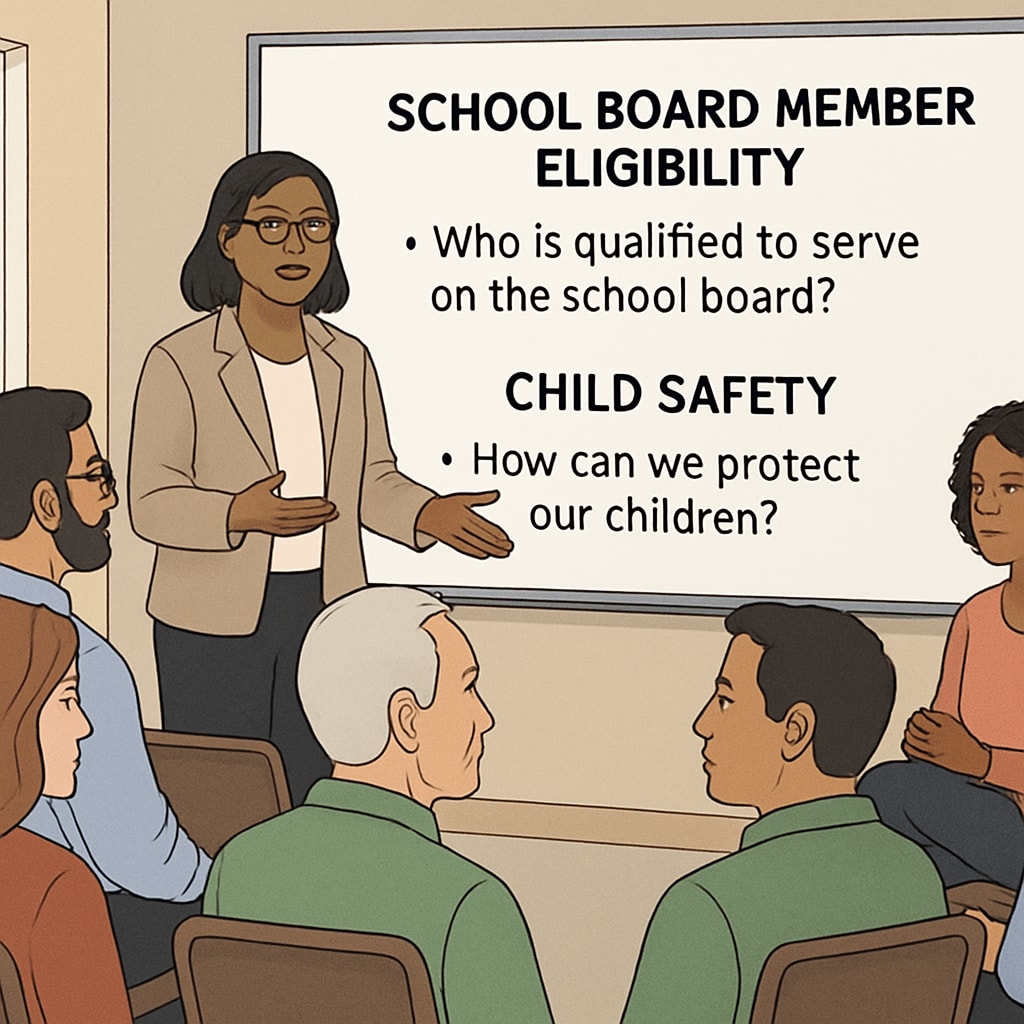The presence of individuals with a history of child abuse on a school board raises significant concerns for the community. These individuals, intended to be guardians of the education system, instead become sources of worry. This article highlights the risks associated with such board members, explores the broader implications for the educational environment, and offers actionable strategies for parents and community members to ensure every child’s safety and rights remain protected.
Understanding the Risks to the Educational Environment
A school board is tasked with overseeing the policies, resources, and overall direction of a school district. However, when a member has a history of child abuse, their presence undermines trust and poses a direct threat to the integrity of the institution. Such individuals may influence policies or decisions in ways that could be harmful to students or create an environment that tolerates misconduct.
In addition to harm to students, the presence of these individuals can erode public confidence in the education system. Parents, educators, and students rely on school boards to act in the best interest of the community. When doubts arise about the character of board members, it can lead to long-term damage to the institution’s reputation and ability to serve its community effectively.

Community Concerns: Why Vigilance Matters
Communities often feel powerless when they discover that a school board member has a troubling history. However, vigilance is crucial to ensure accountability in these situations. Parents and community members have valid concerns, including:
- Whether the board member’s past behavior poses a direct risk to children.
- The potential for biased decision-making that could harm students or staff.
- The erosion of trust in the school’s leadership and governance.
- How this issue impacts the emotional well-being of students and parents.
As a result, communities must demand transparency and accountability while taking proactive steps to address these concerns.

Taking Action: Strategies for Parents and Community Members
To effectively address the issue of inappropriate school board members, communities can adopt the following strategies:
- Advocate for Background Checks: Push for mandatory background checks for all school board candidates to ensure that individuals with histories of abuse are disqualified from serving.
- Organize Community Meetings: Bring together parents, educators, and local leaders to discuss the issue and develop a unified plan of action.
- Raise Awareness: Use social media, local news outlets, and public forums to highlight the importance of child safety in school governance.
- Engage Local Lawmakers: Work with legislators to introduce or enforce policies that prioritize child safety and prevent individuals with a history of abuse from serving in positions of power.
- Monitor Decisions and Policies: Stay informed about school board activities to ensure they align with the community’s values and priorities.
These steps empower communities to take control of the situation and protect children from potential harm. In addressing these concerns, collective action becomes a powerful tool for ensuring accountability and transparency.
Readability guidance: Use short paragraphs and lists to summarize key points. Ensure a natural flow of ideas using transitions such as “however,” “in addition,” and “as a result.” Balance sentence length and avoid overuse of jargon for accessibility.


